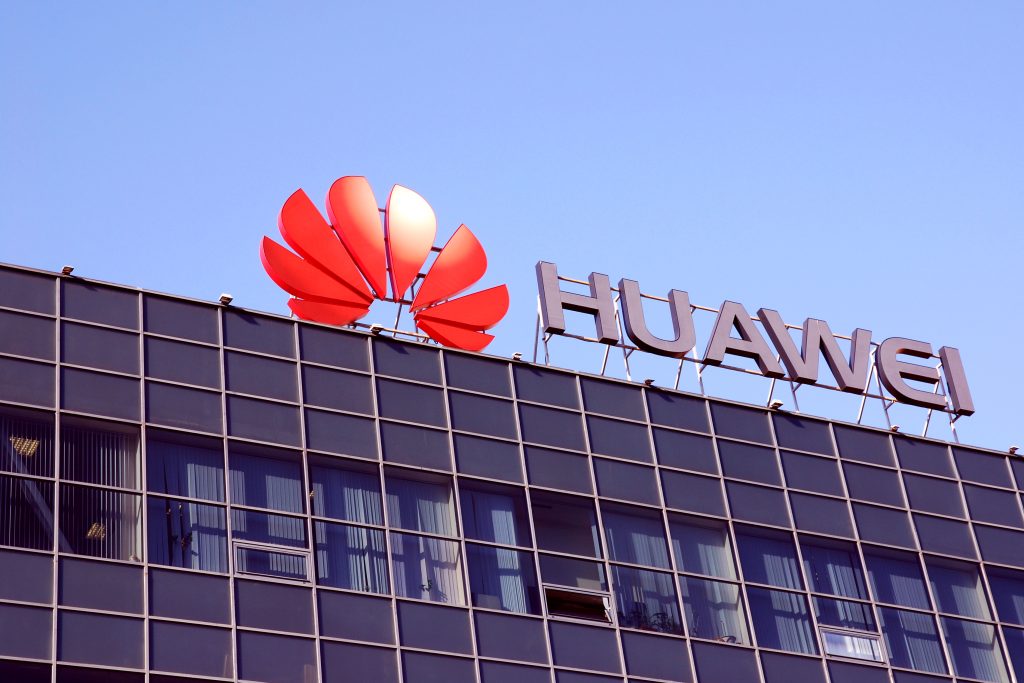Lawmakers urge EU to curb Huawei’s role in solar inverters over security risks
Lawmakers warn Huawei’s grip on solar inverters risks Europe’s energy security, urging the Commission to restrict ‘high-risk’ vendors as member states step up safeguards.

Lawmakers and security officials are increasingly worried that Huawei’s dominant role in solar inverters could create a new supply-chain vulnerability for Europe’s power grids. Two MEPs have written to the European Commission urging immediate steps to limit ‘high-risk’ vendors in energy systems.
Inverters are a technology that transforms solar energy into the electrical current fed into the power network; many are internet-connected so vendors can perform remote maintenance. Cyber experts warn that remote access to large numbers of inverters could be abused to shut devices down or change settings en masse, creating surges, drops or wider instability across the grid.
Chinese firms, led by Huawei and Sungrow, supply a large share of Europe’s installed inverter capacity. SolarPower Europe estimates Chinese companies account for roughly 65 per cent of the market. Some member states are already acting: Lithuania has restricted remote access to sizeable Chinese installations, while agencies in the Czech Republic and Germany have flagged specific Huawei components for further scrutiny.
The European Commission is preparing an ICT supply-chain toolbox to de-risk critical sectors, with solar inverters listed among priority areas. Suspicion of Chinese technology has surged in recent years. Beijing, under President Xi Jinping, requires domestic firms to comply with government requests for data sharing and to report software vulnerabilities, raising Western fears of potential surveillance.
Would you like to learn more aboutAI, tech and digital diplomacy? If so, ask our Diplo chatbot!
